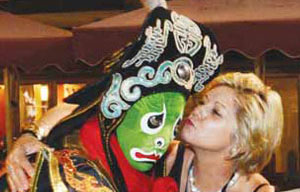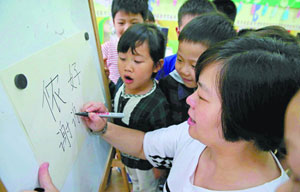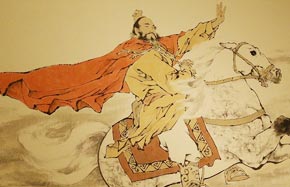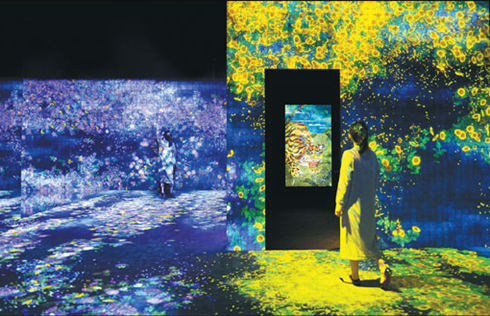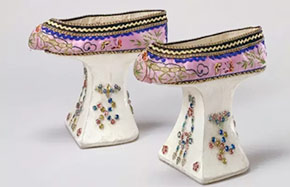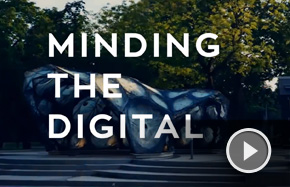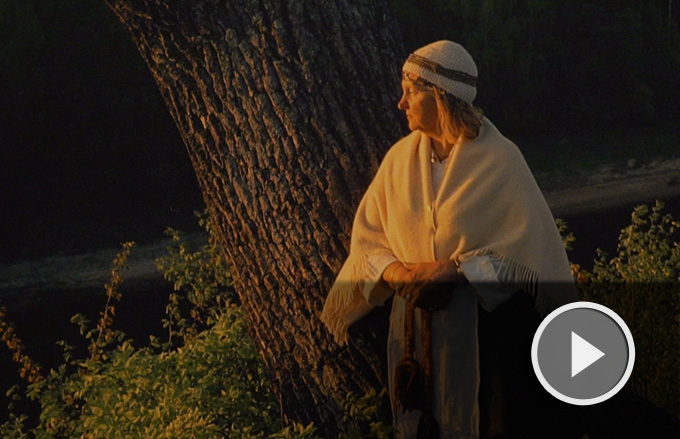Intangible heritage provides 'strength and confidence'
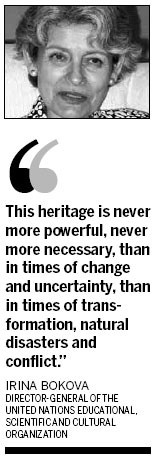
Intangible heritage is impalpable like the air, light and nimble like music, and furtive like a dance movement. Yet there is nothing stronger in bringing us together as a single community, said Irina Bokova, director-general of the United Nations Educational, Scientific and Cultural Organization.
She made the remarks on Saturday at the fourth International Festival of Intangible Cultural Heritage held in Chengdu, Sichuan province.
This year marks the 10th anniversary of the adoption of the Convention for the Safeguarding of Intangible Cultural Heritage, and in attendance were more than 300 representatives of the 153 State Parties to the convention, experts who drafted the convention, UNESCO officials who contributed to its adoption and implementation, Chinese scholars and officials in charge of intangible cultural safeguarding in different parts of China.
"How do we safeguard this heritage without freezing it and how we can keep it alive is the spirit of UNESCO's 2003 Convention, and this has been our commitment over the last decade," said Bokova.
The 2003 Convention addresses humanity's 'living heritage' and its role as a force for social inclusion, mutual understanding and sustainable development, she said.
"This heritage is never more powerful, never more necessary, than in times of change and uncertainty, than in times of transformation, natural disasters and conflict," Bokova said.
"We have seen this power at work after the Wenchuan earthquake in Sichuan province in 2008. We have seen that intangible cultural heritage is a source of confidence and strength, to recover from devastation, and this is a lesson we must share with the world."
Bokova said she was very saddened by the earthquake that hit Lushan in Sichuan in April, and reiterated UNESCO's readiness to stand by China and mobilize its full resources to strengthen the social fabric of affected communities.
|
|
|




